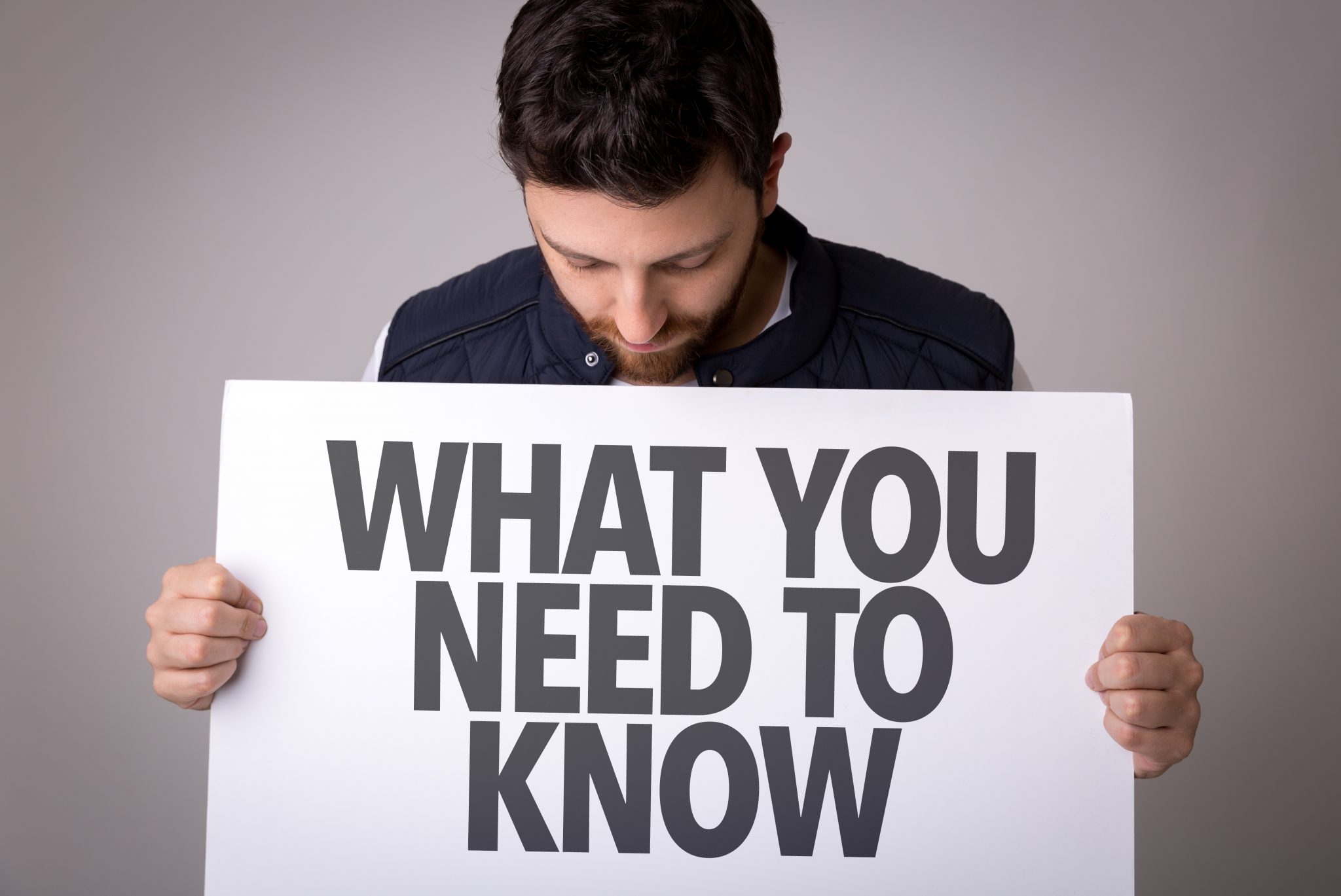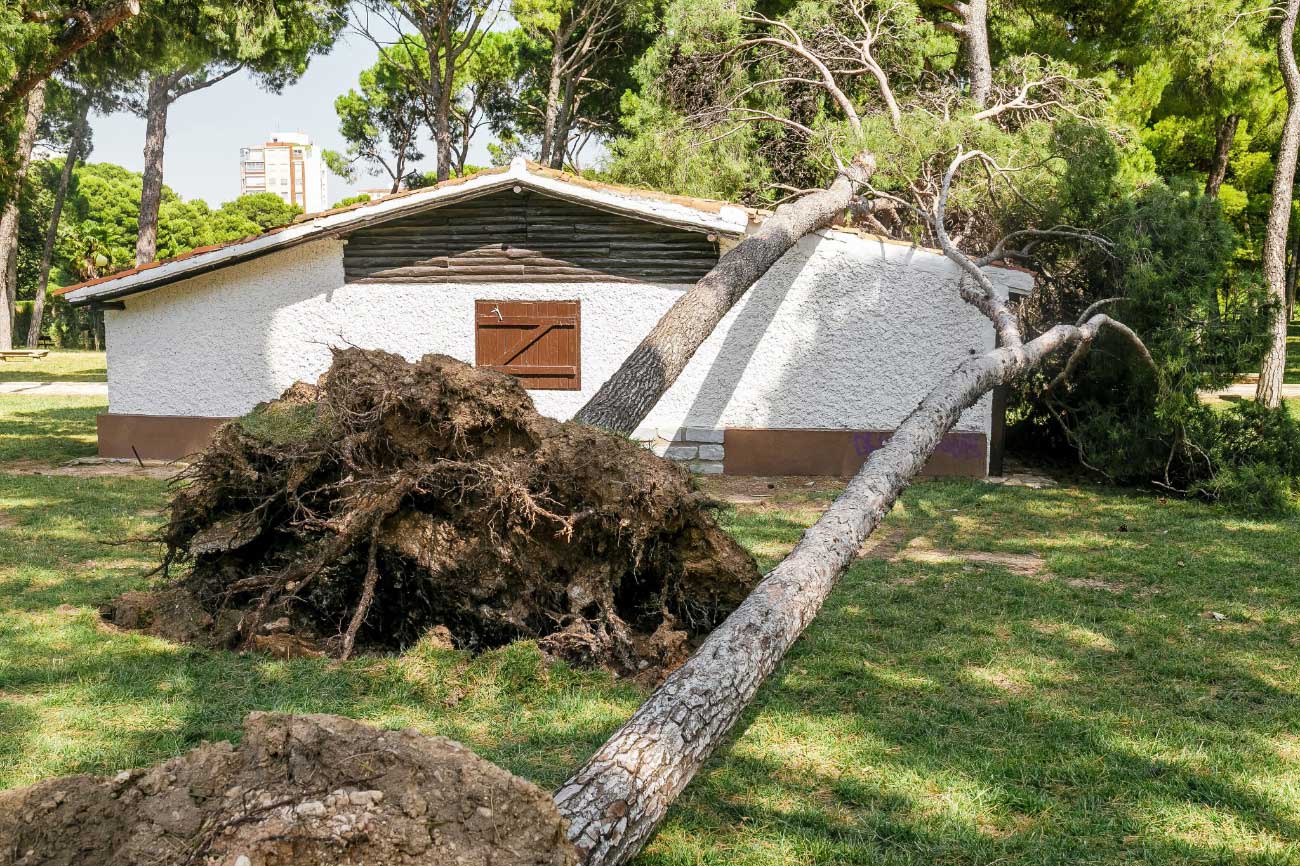
¿Cuán responsables son las empresas de vapeo y pueden ser demandadas?
diciembre 11, 2019
Lo que debe saber sobre las reclamaciones por daños a la propiedad (infografía)
enero 7, 2020¿Cuándo debería involucrar a un abogado en su reclamo por daños a la propiedad?

Whether or not you should get an attorney involved with your property damage claim has a lot to do with the type of property damage you suffered. Most property damage attorneys won’t get involved with an auto accident claim, for example, unless there were injuries involved, because the value of vehicles would rarely net a large enough settlement to make their time worthwhile.
However, if a vehicle were to run into your house or business and cause a significant amount of damage and your insurance company isn’t treating your claim fairly, a property damage attorney may be more inclined to intervene.
Types of Property Damage That May Justify Contacting a Property Damage Attorney
Property damage attorneys tend to have the most impact on settlements when the case is related to damaged homes or businesses. Home and business owners frequently seek the services of an attorney for claims involving:
- Hurricane damage
- Wind damage
- Fire and smoke damage
- Water leaks and burst pipes
- Foundation issues
- Home sinking (subsidence)
- Construction defects
Homeowners and business insurance policies are very complicated documents, and its understandable that many policyholders don’t completely understand what types of damages are covered by their policy. A property damage attorney can provide guidance regarding what your policy covers and can give you an honest assessment of the insurance company’s settlement offer.
If you don’t believe your insurance company is properly valuing your claim or treating you fairly, a property damage attorney can offer solutions to help you get the compensation you deserve for your property damage claim.
What Is Insurance Bad Faith?
Bad faith insurance cases allow the policyholder to recover the money they deserve or, in the most severe cases, even more money than their claim would have paid had the insurance company operated in good faith.
In the U.S., insurance companies are legally obligated to operate in good faith and deal fairly with their policyholders. The major insurance carriers go to great lengths to give themselves cover by crafting complex policies that contain dozens or even hundreds of exclusions and limitations – meaning your policy doesn’t cover you for a long list of potential damages.
That doesn’t mean insurance companies never act in bad faith or always provide the fair service and claim evaluations their policyholders deserve.
Claim valuation is further complicated by the human element. Claims adjusters and other decision makers in the process are beholden to the insurance company’s interests, which means they may make decisions that are good for the insurance company but not you, the policyholder.
Why Is Bad Faith Insurance Such an Issue?
Insurance companies are businesses, not charities. They fundamentally make decisions intended to maximize their profit, which usually means keeping revenue (the premiums you pay) high while minimizing their costs (the claims they pay you for damages).
It’s in their best interest to find ways to minimize your claim or deny it altogether.
Whether or not you should call a property damage attorney for your claim should depend on the situation and how your insurance company is treating you.
If they are willing to pay you the money you need to restore your home to the way it was before the damage, you likely won’t need an attorney. If the insurance company’s claims adjuster says “sorry, your policy doesn’t cover that,” it may be in your best interest to contact an independent claims adjuster or an attorney for assistance.

